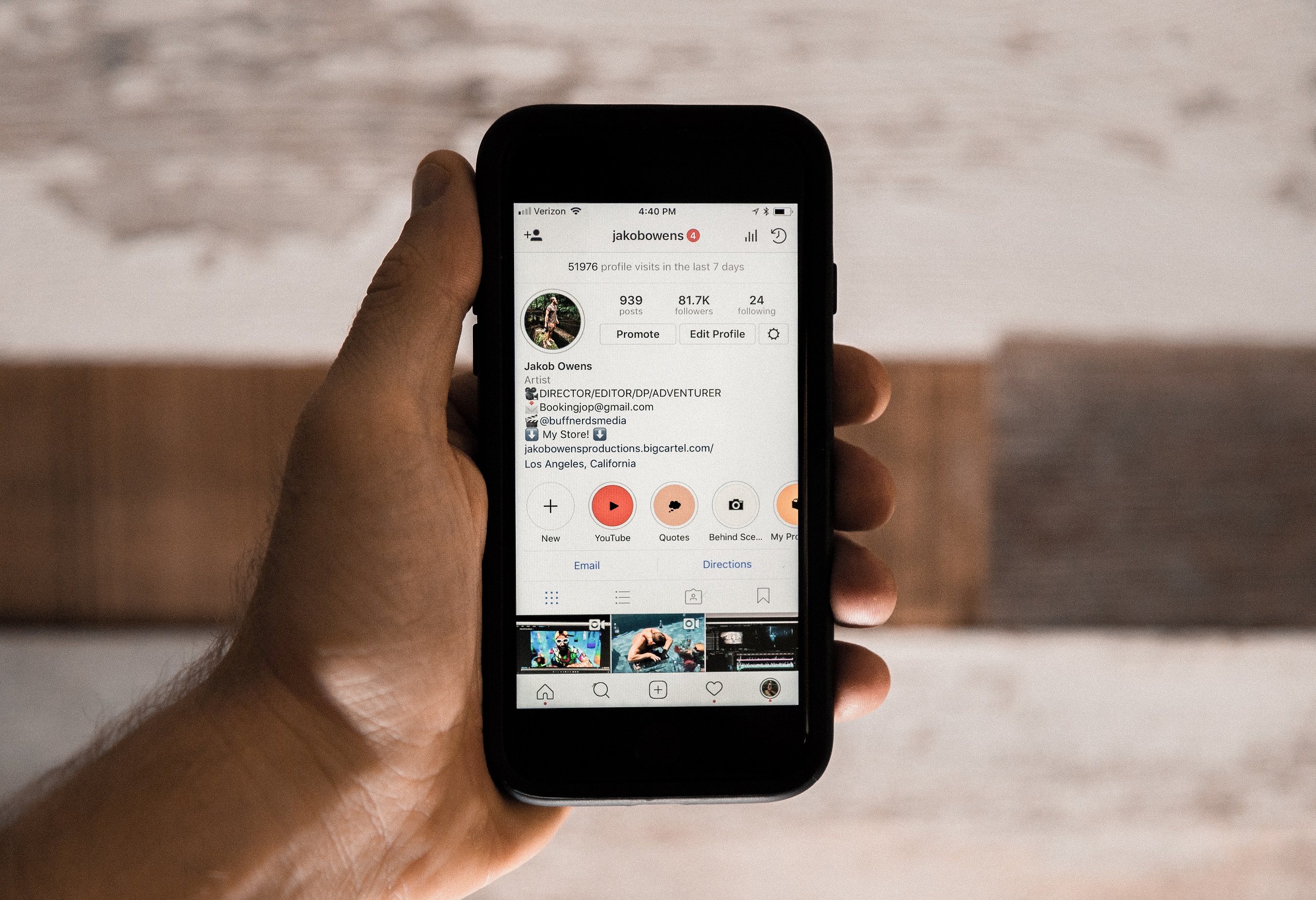Faced with criticism over their lack of action at the spreading of fake news and how they might have contributed to the outcome of elections worldwide (from the UK leaving the European Union to Austrian or US presidential votes), it’s not just news outlets that are under attack.
Since the end of 2016, Internet giants like Google and Facebook have had to deal with a tremendous amount of backlash due to the spreading of false information that gets conveyed through their pages. Another popular social network such as Twitter is no stranger to the controversy, either. Finally, starting in 2017, all three companies have started considering measures against this misinformation epidemic:
- Google has begun by banning dubious sites from appearing in search results;
- Facebook has been following suit, by removing ads from fake-news centered pages (a very prominent, former fake news author by the name of Jestin Coler has stated that his company, called “Disinfomedia”, earned between USD 10,000 and 30,000 each month thanks to Facebook ads. Facebook has also started flagging content considered to be objectionable.
- Twitter has started erasing profiles created to spread false news. In some instances, the social network has reached out to users who had connected or exchanged messages with such profiles, explaining that they had essentially been tricked into thinking they were tweeting and conversing with an actual person.
The role of Facebook is particularly central to the whole fake news debacle. As the most popular and accessed social network worldwide, the general consensus is that it should act more responsibly (and quickly) towards everything that is a threat to its users and potentially precludes them from the complete enjoyment of the services offered. This is particularly true in those countries where the Free Basics service by Facebook is available: it’s mostly third world countries where the company essentially controls the whole access to the Internet, by partnering with a limited number of Internet providers. Therefore, fake news are bound to do more damage there, as there’s only a small number of websites that can be visited and used to check whether the news one is reading are true or not.
the most popular and accessed social network worldwide, the general consensus is that it should act more responsibly (and quickly) towards everything that is a threat to its users and potentially precludes them from the complete enjoyment of the services offered. This is particularly true in those countries where the Free Basics service by Facebook is available: it’s mostly third world countries where the company essentially controls the whole access to the Internet, by partnering with a limited number of Internet providers. Therefore, fake news are bound to do more damage there, as there’s only a small number of websites that can be visited and used to check whether the news one is reading are true or not.
By the start of 2018, Facebook announced through its CEO Mark Zuckerberg that users will start flagging suspicious content – in an effort to cut the head off fake news worldwide: it remains to be seen whether this strategy (having users essentially “work” together with human moderators hired by Facebook) will prove successful – and particularly in those countries where Free Basics is a reality.





